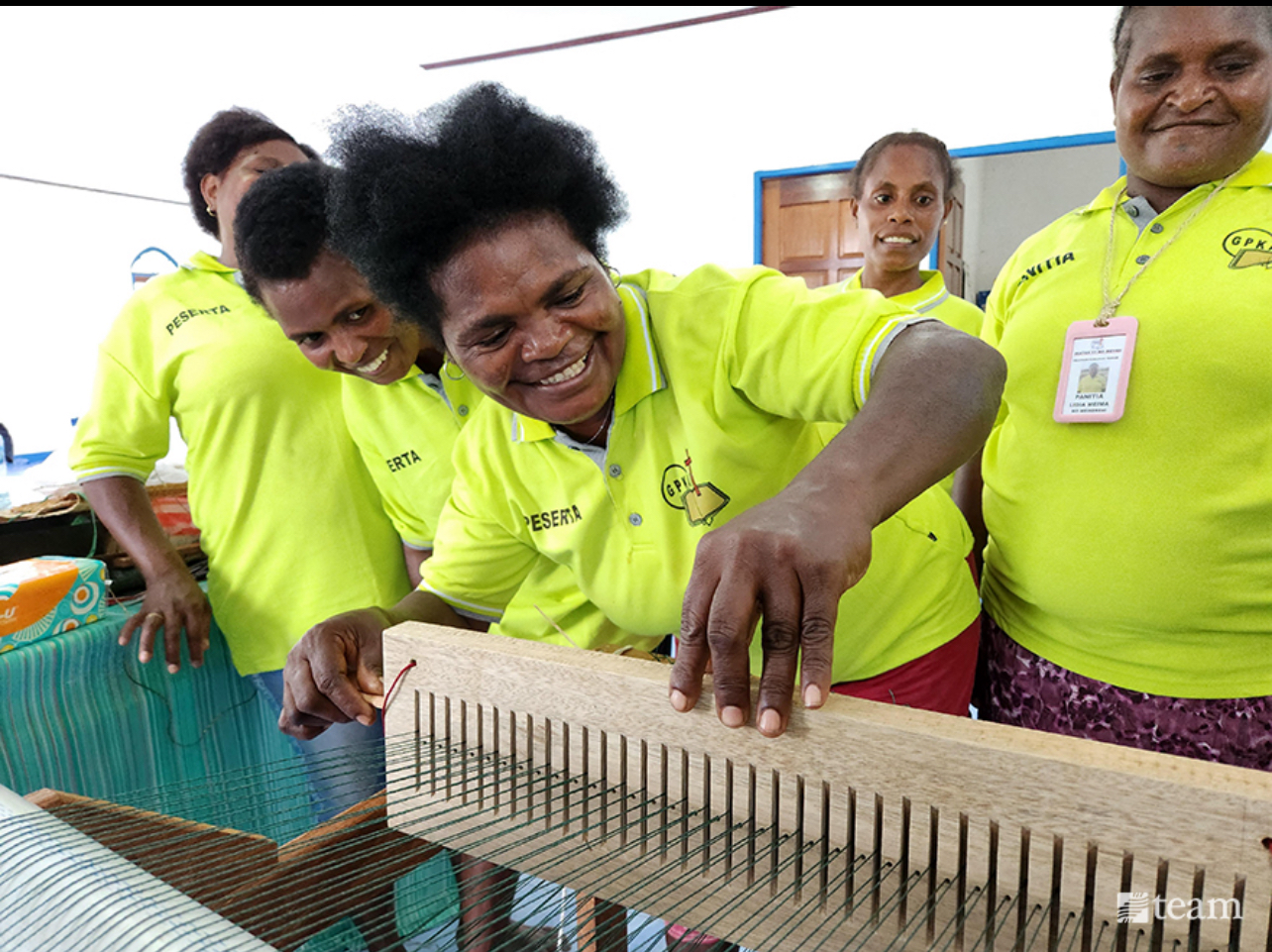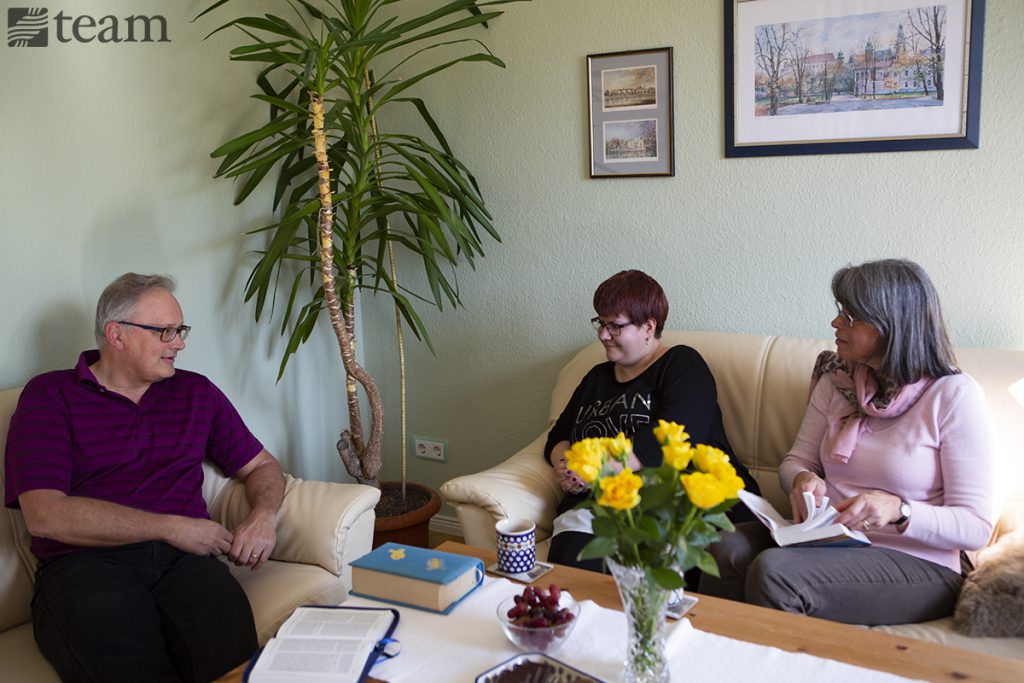
Prayer Focus
Missionaries Before They’re Missionaries [March Prayer Focus]
March 2, 2020
by admin

Every missionary begins the same way: an ordinary Christian who is not a missionary — and who needs a lot of prayer to get them to the field.
This month, we’re praying for future missionaries. These missionaries range from people who are raising the last of their support, to people who may not even know that God wants them on the mission field.
For ideas on how to pray, we talked with current missionaries about their experiences before they became missionaries. Despite ending up in completely different parts of the world, a lot of them went through similar things to get there. It can be a scary and surprising journey, but through our prayers, future missionaries can make it to the field and thrive in ministry.
Will you join us this month in praying for future missionaries?
1. Pray that future missionaries will be able to discern God’s desires for their lives.
Becoming a missionary is a life-changing decision that takes time, dedication and commitment. When people first feel called to missions it can be exciting and scary and wonderful and overwhelming all at once. With all of these emotions happening, it can be hard to figure out what to do next.
Before TEAM missionary Stacy Zabriskie headed to Zimbabwe, she was worried about being isolated, struggling with team dynamics, and having access to good medical care. But, when she reflects on those fears now, she says, “If we had avoided God’s call because of fear we would have missed out on the blessing of experiencing the depths of His love.”
Paul Davis, missionary to France, was afraid he wouldn’t be able to learn the language. “My French teacher in High School told me that I had no capacity to learn a foreign language and that I had wasted his and my time in taking French. My greatest fear was that he was correct,” he says.
But Paul was convinced God had called him to France, so he went anyway. “I learned French the way anyone else does,” Paul says.
Pray that future missionaries will have the courage to accept God’s call to missions. Ask God to give them a sense of peace in the midst of their fears.
2. Pray that missions conferences will give future missionaries guidance and clarity for their journeys.
Many people become seriously interested in pursuing missions after attending a missions conference. These conferences are designed to excite people about missions and connect them with missions agencies. This can help them learn how to become a missionary, what being a missionary might look like for them and what they want in a sending agency.
TEAM missionary Kiersten Hutchinson was in college when a pastor took a group of students to the missions conference Urbana. As she listened to one of the speakers talk about missions, she thought, “Wow, this is really cool. I could see myself doing this.”
At another missions conference, TEAM missionary Anne Ingram signed a card committing to becoming a missionary. Little did she know that her future husband, Jeff, was at that same conference, signing the same type of card. Today, they live in Europe, where they have planted churches for nearly 30 years.

Jeff and Anne Ingram (left and right) both committed to be missionaries at the same conference — before they knew each other. Today, they are planting a church in Dresden, Germany.
Please pray for all the churches and organizations who are currently planning missions conferences. Ask God to show them what to include and to provide the right resources and speakers. Also pray that God will provide for future missionaries to attend these conferences and that the things they learn there will stick with them.
3. Pray that God will give future missionaries patience and endurance during the process.
The process of becoming a missionary can sometimes take a long time. And the waiting in itself can mean stress and anxiety for future missionaries.
“It took us 11 years to actually get to Columbia because you go to school, you go to seminary, you do an internship, you do language study. And so I really thought the Lord was gonna come back before I could get to the mission field,” said TEAM missionary Keith Moore. “Now I see that’s not true. But at that time, I thought, man, this is taking a long time.”
When you are in the midst of a waiting season, it can be easy to feel like being on the mission field is never going to happen. It can be easy to lose sight of the big picture.
This month, pray for future missionaries who are currently experiencing this season of waiting. Pray that they will hold fast to their calling and have patience during. Ask God to use them even in their waiting.
Thank you for partnering with us in prayer! Click here to get a print-out of this month’s Prayer Focus requests and praise reports
*The names of the people you’ve helped may be changed to protect their privacy.

